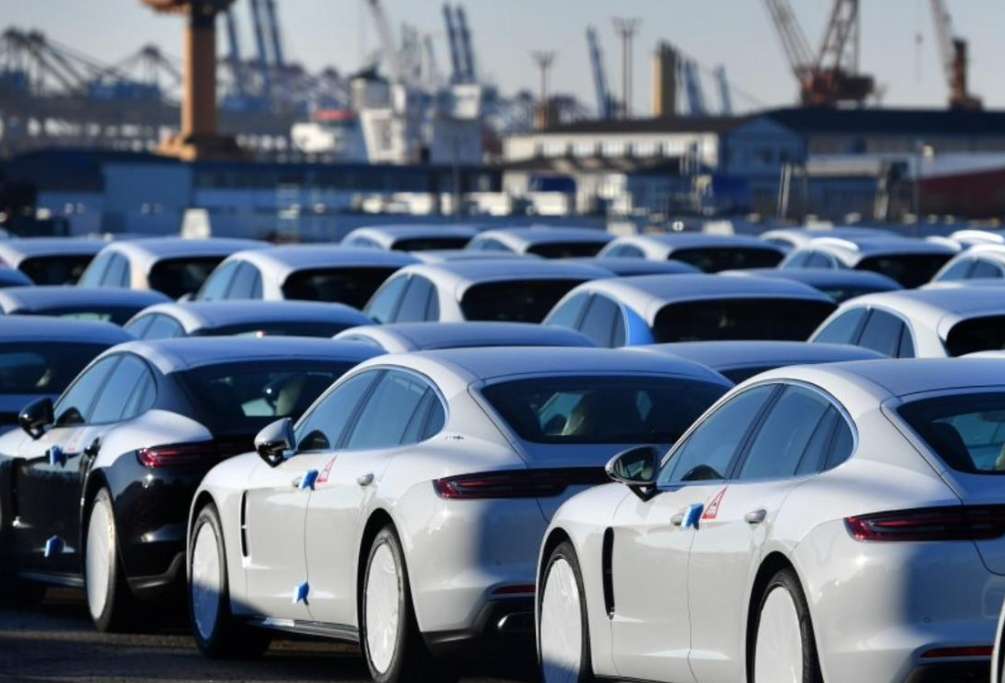Geely Surpasses BYD in Auto Sales
Advertisements
The recent data from the automotive market reveals a significant downturn in the retail sales of passenger vehicles across the nation. In January 2025, a total of 1.794 million cars were sold, marking a worrying 12.1% decrease compared to the same month last year, and a stark 31.9% drop from December 2024. Analyzing the causes, industry experts such as Cui Dongshu have pointed out that despite ongoing policies designed to spur sales, January presented a unique challenge. The early occurrence of the Spring Festival led many consumers to complete their vehicle swaps earlier, by late December 2024, resulting in a slower-than-usual January car market, which was further exacerbated by the holiday period. It appears this downturn was anticipated, given the circumstances surrounding consumer behavior and festivities.
When compared to December 2024, notable shifts are seen in the rankings of domestic auto manufacturers. Both Great Wall Motors and Tesla fell out of the top ten for retail sales, making way for GAC Toyota and Brilliance BMW, who took their spots. Furthermore, BYD, which had consistently ranked first for several months, was overtaken by Geely in January, showing a dynamic interplay of competition. However, when looking at wholesale figures, BYD still maintained its position at the top, indicating its robust market strategy despite fluctuations in retail sales.

Among the front-runners in terms of growth, Geely and Chery stood out as the only two companies within the top ten to achieve year-on-year increases in retail sales. Geely’s figures showed an impressive retail count of 240,000 vehicles sold, which was a robust 28.2% rise compared to January of the previous year. On the other hand, Chery saw its sales reach 119,000 units, reflecting a growth of 12.2%. This growth trajectory is largely propelled by the rising consumer demand for new energy vehicles, with Geely reporting that its wholesale figures for NEVs soared to 121,000 units in January alone, which demonstrates remarkable growth of around 84% year-on-year and a 9% increase from the previous month. It is noteworthy that NEVs constituted more than 45% of Geely's overall sales during this period.
The rapid ascent of BYD since 2021 can be attributed to its strategic focus on the salaryman market with economical models like the Qin PLUS and Song series. As the market evolves into 2023, Geely has been fine-tuning its products to accelerate its electric transformation. Launches of new products like the Galaxy L7 and L6 in May and September of 2023 signify this shift, featuring a change from more expensive ternary lithium batteries to the more economical lithium iron phosphate. This strategy not only competes directly with BYD but also brings benefits to consumers, positioning Geely favorably in comparison to its rivals.
Further expanding its offerings, the Galaxy series released the E5 and Xingyuan models to the market last year, priced competitively against BYD’s offerings. The immediate success of these models can be seen in their rapid sales growth; by the end of 2024, the monthly sales for the Galaxy E5 surpassed 15,000 units and Xingyuan crossed 20,000 units, placing them among the most popular models in their segment. In January, Galaxy emerged as a significant player within Geely’s new energy vehicle segment, with official reports indicating that it sold 94,000 units, marking a staggering 134% increase compared to the previous year. This year, the brand plans to introduce five new models, which could further alter the competitive landscape.
The competitive environment within the new energy sector is intensifying, with companies like Tesla, NIO, and Xpeng introducing various sales strategies including price reductions, flash sales, and enticing financing options like “zero-interest” purchase plans. These tactics are aimed at drawing in a larger customer base in an effort to wrest market share. Recently, BYD's introduction of the "Eye of the God" intelligent architecture marks a leap forward by incorporating advanced driving systems into more budget-friendly models priced around 70,000 yuan. This move not only elevates the intelligence of their products but also reshapes the competitive dynamics within the new energy vehicle sector. Industry analysts suggest that while the current power of car manufacturers to engage in price wars might be waning, a continuing low Producer Price Index (PPI) keeps the potential for sustained price competition alive in 2025.
With an abundance of promotional activities recently, actual discounts have been moderate. As regions begin to unveil their vehicle trade-in policies, February’s sales are expected to see a steady increase, driven primarily by new energy vehicles.
post your comment